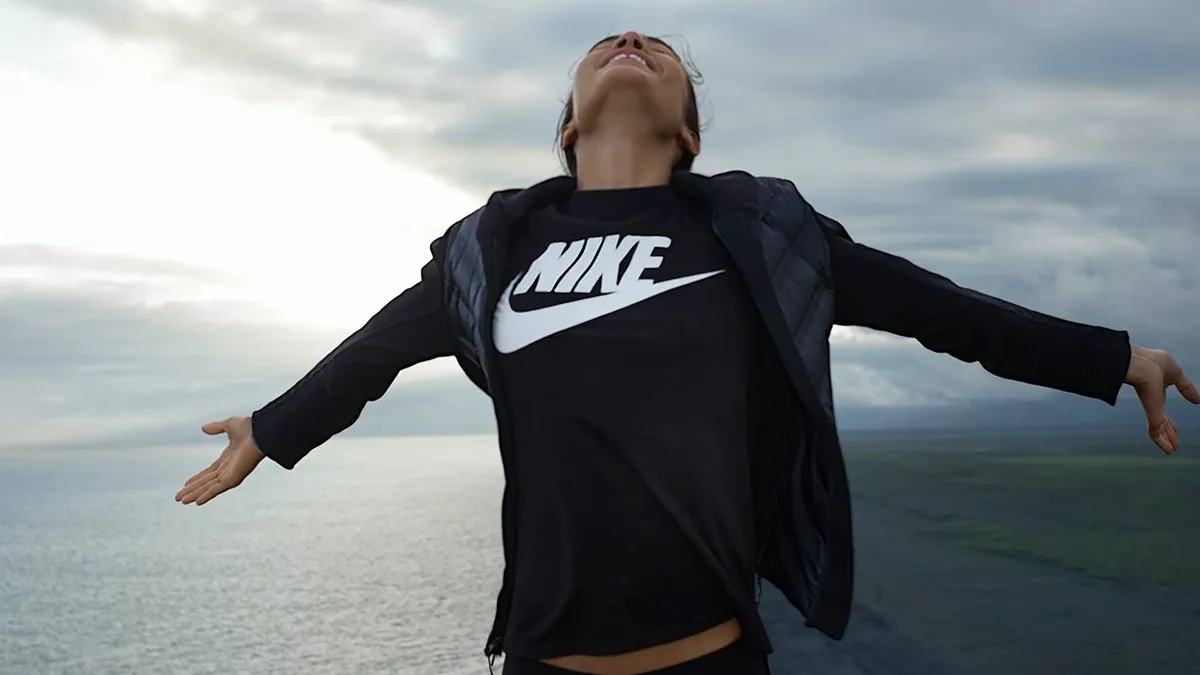Dive Brief:
- As brands continue to invest in influencer marketing, many are shunning third-party agency work and creating internal influencer marketing teams to wield more control over campaigns and influencers, Digiday said in a report.
- Brands often take one of two approaches when bringing influencer marketing in-house, according to marketing experts Digiday spoke to. Some brands assemble teams, commonly comprised of up to 10 people, to independently manage campaigns, from influencer outreach to execution and measurement. Others are hiring an in-house influencer expert to strategize and manage relationships but still rely on agencies to execute campaigns.
- Nike and Mars are two brands that currently run their influencer marketing in-house, per Digiday. Others, including Birchbox, L'Occitane and HelloFresh, are currently trying to fill in-house influencer marketing roles.
Dive Insight:
Measuring the success and determining the ROI of influencer marketing campaigns have been major challenges for marketers, but investment in the space shows no sign of slowing. Digiday's report underscores how more major brands like Mars and Nike are trying to get the most of their spend and take stronger control of their strategies by moving those operations in-house, reflecting a broader trend in recent years where more creative, social media and digital marketing operations are shifting away from agencies to internal teams.
This approach could help businesses foster deeper relationships with talent, according to Digiday, which many influencers want. In-house teams are also potentially more cost-effective and knowledgeable about the brand than third parties. The end result could lead to greater industry consolidation as platforms and agencies dedicated to influencer marketing lose some of their clout. In 2017, 86% of marketers used influencer marketing, and 92% felt that it was an effective strategy, according to a recent survey by the marketing platform Linqia. This year, 39% of marketers plan to increase their influencer marketing budgets, with most spending between $25,000 and $50,000, Linqia found.
Recent developments on social media, where influencer marketing thrives, could further bolster the space. Some marketers are getting more bullish on Facebook influencer marketing as recently introduced changes to the News Feed algorithm are expected to considerably diminish the organic reach of brand content, Digiday reported last week. Facebook has not, to date, been as attractive to influencers as other platforms like Facebook's photo-sharing app Instagram or Google's YouTube.
The move toward taking influencer marketing in-house additionally points to the evolving role of marketing chiefs. Some brands are adjusting their marketing leadership teams with new titles like brand marketing manager that are more adaptable to new technologies and shifting consumer behaviors. Other brands, like Hyatt or Coca-Cola, are eliminating traditional CMO roles altogether.














